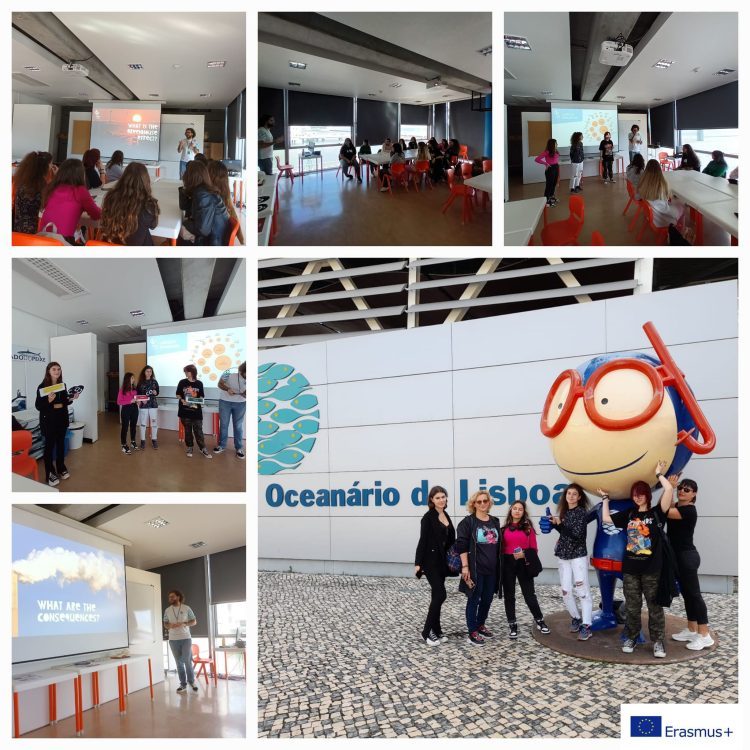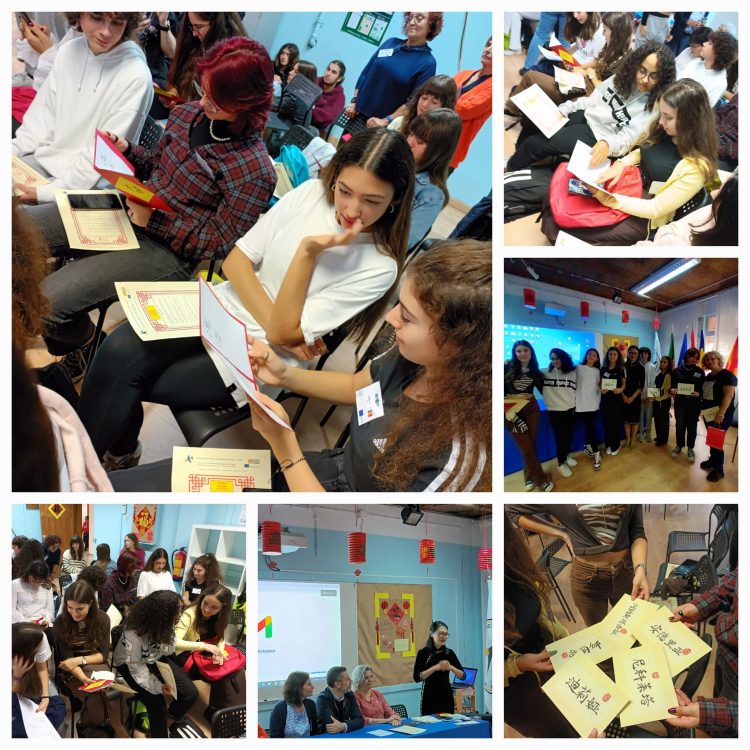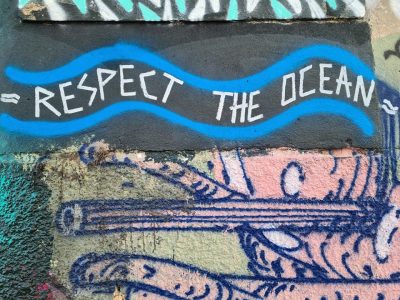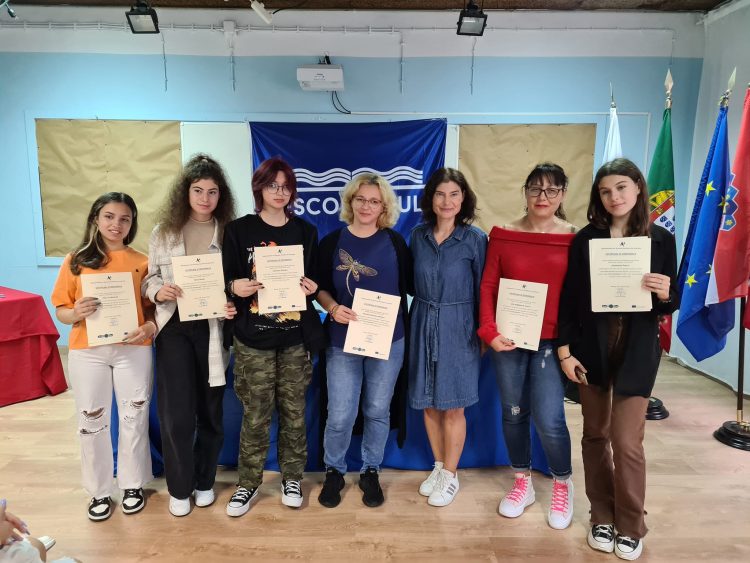The third mobility of the Erasmus+ project Act for Environment took place in Almada, Portugal and it had water in the center of attention, especially water pollution. The main aim of the project is to make its participants more aware of the environmental problems our planet is facing nowadays. We need to educate the young generations and to have them involved in activities which promote positive examples and peer learning tasks. We do not want them to be simple consumers or readers of pieces of information. We want them to question, to analyze, to think critically and provide possible solutions to the given situations.

Students made presentations about water pollution in their countries and about the measures taken by local or/and national authorities in dealing with the levels of pollution especially, plastic pollution. Then, they took part in one of the most exciting workshops ever on global warming, hosted by Oceanario di Lisboa. This was the perfect opportunity to show them that they can learn about global warming and the greenhouse effect in a very fun way. They worked together in multinational teams to discuss the causes and the consequences of global warming. They found out about endangered species and what the specialists of the Oceanario do to make sure they are protected and helped to survive.

The main idea is to make students interested and to offer them activities in which they can learn from specialists or learn from one another. Two more challenging and beautiful tasks came during the week: cleaning the beach and helping an area by eliminating the invasive plant presented by the specialist. One of the special guests in the mobility, Mario, presented the beach front and also the consequences of man’s actions on the local environment. Students discussed about the way their local environment has also been affected by man’s intervention and how this has affected the balance in those locations. They were also informed by invasive plants and their negative effects on the local plants and what can be done in order to clear an area of them.

Later, they had another opportunity to work in multinational teams when they took part in the workshop „My commitment to the planet” in which they worked on problematic situations and offered possible solutions as well as them making promises which could mean a small beginning to small changes: I promise I will not use one-time plastic anymore or I promise I will replace all my plastic bags.
The main idea of the week is simple: the young generations need to understand there is NO planet B and that they have to ACT now to start making changes for the future.

